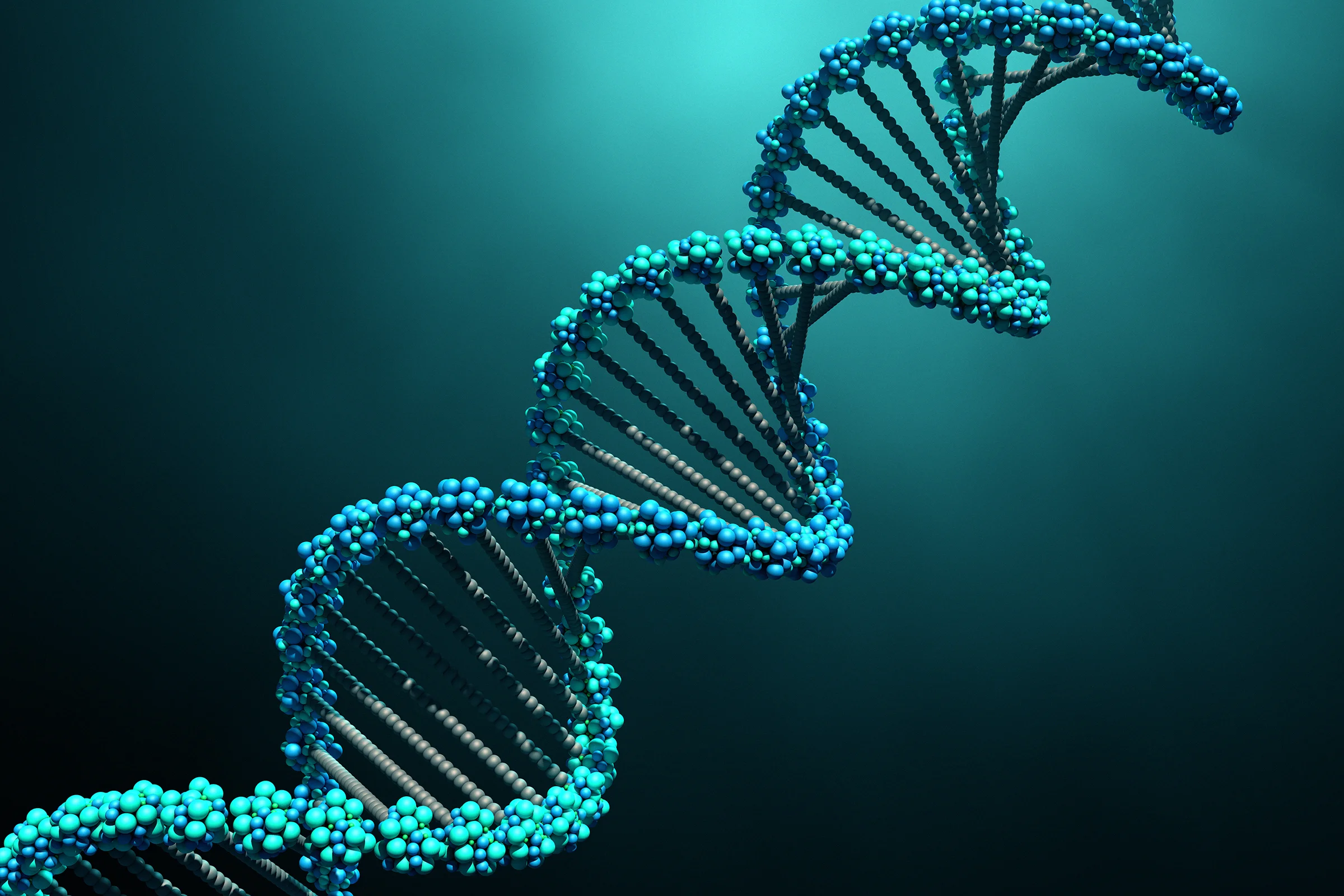Engineering techniques are already being used in the development of new proteins that can become therapies. Nvidia and partner Evozyne received new research showing that their technology created new proteins never before seen in nature, doing it faster and with better results. They did this by learning the language of life.
Language learning models are currently a hot topic for technologies like ChatGPT, AI software that analyses language to answer questions and even interact with the user. Kimberly Powell, vice president of healthcare at Nvidia, says that language learning techniques can also be applied to genomics, especially the proteins encoded by our genes.
“We learned that these large language models can understand relationships just by looking at the sequence of amino acids,” Powell said. “There is information about the function of proteins if you can encode, represent, and study that information in these large language models.”
Research results were published in a recent J.P. at the Morgan Healthcare conference in San Francisco. Powell discussed them in a separate briefing with reporters. The new proteins come from a collaboration between Nvidia and Chicago-based protein design startup Evozyne. Neither company develops new drugs, but their technologies are used by biotech and pharmaceutical companies involved in drug development.
Nvidia and Evozyne started working together in 2022 and jointly developed a new deep learning model that can learn how proteins work. Using these rules, they aim to develop new proteins with improved functions. The model was built on Nvidia technology used to teach and implement large-scale biological models.
The Nvidia and Evozyne studies focused on the phenylalanine hydroxylase (PAH) family of proteins. PAH is an enzyme needed to break down the amino acid phenylalanine found in certain foods. PAH deficiency causes a rare condition called phenylketonuria (PKU), in which phenylalanine levels accumulate in the body and cause neurological disorders. Patients with this inherited condition manage it by following a strict diet that avoids foods containing phenylalanine.
When designing therapeutic proteins, researchers aim to make changes that improve protein function without compromising its safety. In a study described by Nvidia, Evozyne was able to create PAH proteins with 51 mutations. Despite all these changes, this protein still managed to achieve two and a half times more functionality than native human PAH, Powell said. In the future, this technique could build PAH proteins with 167 mutations. Despite changing more than half of the protein, this version of PAH still retained its function.
There are only a few FDA-approved treatments for PKU. BioMarin Pharmaceutical markets two: the small-molecule drug Kuvan and the enzyme Palynziq, an engineered enzyme designed to replace the deficient PAH. However, the use of these drugs does not eliminate the need for patients to continue dietary restrictions. BioMarin is also developing a gene therapy that offers a one-time treatment option for enzyme deficiency.
Other companies are in various stages of development with potential PKU treatments that could help patients who do not respond to currently available BioMarin products. Homology Medicines is in early-stage clinical testing of a gene-editing therapy that replaces a disease-causing gene with a functional gene. PTC Therapeutics has begun late-stage clinical testing with a small-molecule PKU drug.
Earlier this month, Jnana Therapeutics received FDA approval to begin a Phase 1 trial of a small molecule drug candidate for the metabolic disorder.
Powell said the results from Nvidia and Evozyne hold promise for creating new protein therapies. Protein engineering methods used today involve “directed evolution,” an approach that makes iterative changes until a protein with the desired properties and functions is achieved. Directed development would have taken months, perhaps even years, to achieve what Evozyne did to design its new PAH proteins, he said. The startup calls its approach machine learning-based protein engineering.
“Its ability to explore an essentially infinite protein space so that we can now find proteins that have the desired function while maintaining other properties that you want, like protein safety, is absolutely mind-blowing,” Powell said.




